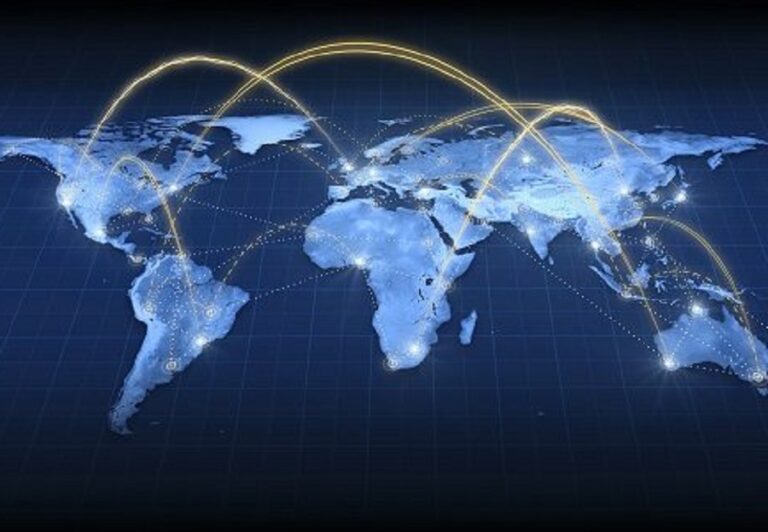Global logistics is the intricate web of interconnected systems and processes that facilitate the movement of goods and services across the world. In an era where the world is more interconnected than ever before, efficient and effective global logistics is crucial for businesses to thrive in the international marketplace. This article explores the complexities, dynamics, and challenges of global logistics, shedding light on the key components that make this system integral to the modern global economy.
The Significance of Global Logistics:
Global logistics plays a pivotal role in connecting producers and consumers across different continents. It encompasses a range of activities, including transportation, warehousing, inventory management, and information flow. At its core, the goal of global logistics is to optimize the supply chain, ensuring that products reach their destination in a timely and cost-effective manner.
Key Components of Global Logistics:
Transportation: One of the fundamental pillars of global logistics is transportation. Whether it’s by air, sea, or land, moving goods from one location to another requires a well-coordinated transportation network. The choice of transportation mode depends on various factors such as the type of goods, distance, cost, and urgency.
Warehousing and Distribution: Efficient warehousing and distribution systems are essential for storing and managing inventory. Warehouses strategically located around the world serve as hubs where goods are stored, sorted, and then distributed to their final destinations. Advanced technologies such as automation and robotics are increasingly being employed to enhance the speed and accuracy of these processes.
Customs and Compliance: Navigating the complex web of international regulations and customs requirements is a significant challenge in global logistics. Customs clearance, documentation, and compliance with trade regulations are crucial to ensure the smooth flow of goods across borders. Companies must stay abreast of ever-changing regulations to avoid delays and penalties.
Information Technology: The digital revolution has transformed global logistics through the integration of advanced information technologies. Real-time tracking, data analytics, and artificial intelligence are leveraged to monitor and optimize the entire supply chain. This not only enhances visibility but also enables proactive decision-making.
Challenges in Global Logistics:
Supply Chain Disruptions: Global logistics is susceptible to various disruptions, including natural disasters, geopolitical tensions, and global health crises. The COVID-19 pandemic, for example, exposed vulnerabilities in global supply chains, highlighting the need for resilience and adaptability.
Infrastructure Gaps: Inconsistent infrastructure quality across different regions poses a challenge for global logistics. Inadequate transportation networks, ports, and customs facilities can lead to delays and increased costs. Addressing these infrastructure gaps is crucial for creating efficient global supply chains.
Sustainability: As the world grapples with environmental concerns, sustainability has become a critical aspect of global logistics. Companies are increasingly focused on reducing carbon footprints by optimizing transportation routes, adopting eco-friendly packaging, and investing in cleaner technologies.
Technology Integration: While technology offers significant benefits to global logistics, integrating new systems and technologies can be a complex process. Companies must invest in training their workforce and updating their infrastructure to fully leverage the advantages of digitalization.
In conclusion, global logistics is a multifaceted and dynamic field that underpins the global economy. It involves the seamless coordination of transportation, warehousing, customs compliance, and information technology. Despite the challenges posed by disruptions, infrastructure gaps, and sustainability concerns, advancements in technology and a commitment to innovation are paving the way for a more resilient and efficient global logistics landscape. As businesses continue to expand their reach across borders, the importance of mastering the intricacies of global logistics will only grow, shaping the future of international commerce.
